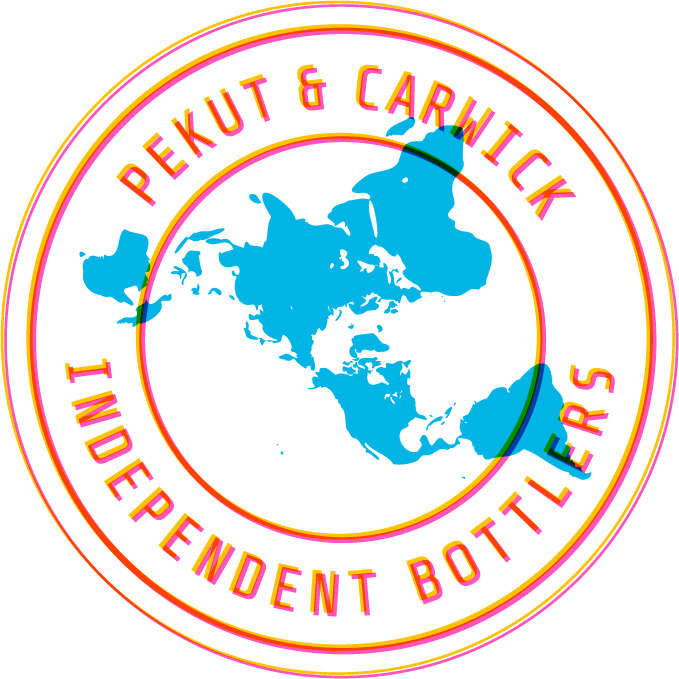Do you need special water to make distilled spirits?

We're crazy about water
Raging debates and mystical beliefs about water quality have a long history here in the US - especially when they get mixed up with claims about health. Mineral water is a good example of this, also "medicinal" hot springs – both are late 19th century health crazes that still have traction today. Consider also the trajectory of the once ubiquitous soda fountain, as explained by chemist, bartender, and soda historian Darcy O'Neil:
- Soda fountains serving mostly non-alcoholic beverages gained in popularity as a result of the early temperance movement.
- Much like alcohol (see bitters), the line between beverage and medicine wasn't so clearly defined - soda fountains were often located in pharmacies, after all.
- You could go to a pharmacy soda fountain for a refreshing soda water, a soothing tonic ... or your morning "nervine" made with cocaine and medical grade alcohol (you'd order a "dope").
- There was even a pejorative term for addiction to this stuff - the "soda habit".
The Pure Food and Drug Act of 1906 put a dent in the medical quackery and hard drugs associated with "medicinal" soda water, and even the Temperance League turned on soda fountains, but we continue to be obsessed with water's health properties (think about the distance a bottle of Fiji water is shipped, and why).
So, why do distillers care about water?
Water is the first ingredient in the fermented mash, it is removed during distillation, and it is either removed (through evaporation) or added (through dilution) as part of the aging and conditioning process. By volume, there's more water in your bottle than anything else.
It's super important.
Touting water quality to define terroir or differentiate a distilled spirit is a time-honored marketing technique, and not without reason: the mineral content of water does make a difference to yeast in the fermentation process, and dissolved solids in proofing water can affect (mostly negatively) shelf stability.
So that mystical Scottish burn, that mythical Kentucky limestone aquifer - they probably did play a part in the development of distinct spirits styles.
So, what kind of water do we use?
Well, we went looking for that mystical California spring. We asked gurus. We talked to brewers. We read scientific papers. We even talked to people who reclaim San Francisco fog to make vodka.
In the end, the answer isn't very sexy: reverse osmosis (RO) water is the best choice. It's just ... water. No dissolved solids to precipitate out of solution, no chloramines to create off-flavors, nothing. If you're not interested in changing the mineral content of your water, you can even use a less intense carbon filter to capture chlorine and other undesired molecules.
We filter out all the terroir
While we would love to tell you that our locally sourced water (city water from the Hetch Hetchy reservoir) is a critical part of our Bay Area terroir, we filter the $#%! out of that water. There's no terroir left.
Sorry, marketing department. It doesn't really matter where it comes from.

